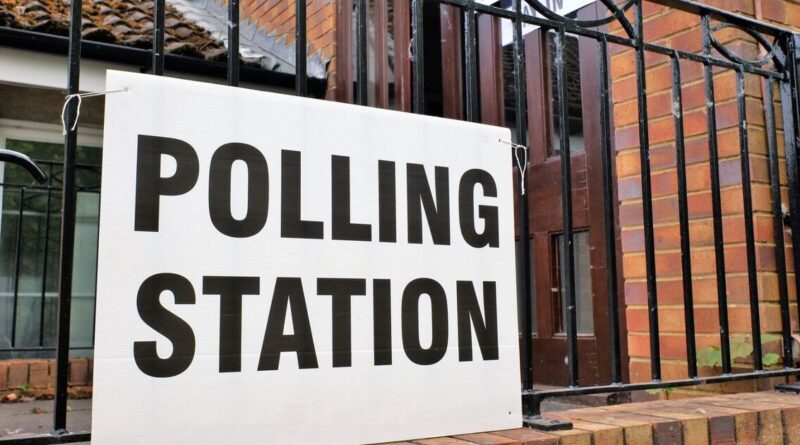General Election 2024 and what it could mean for investors in the UK | Personal Finance | Finance
With the snap General Election set for July 4, the future of the country hangs in the balance. And while it’s tempting to vote because of an individual politician, MoneyMagpie founder and financial expert Jasmine Birtles has urged voters to look at party policies over personalities…
Policy versus personality
In recent years, we have seen a considerable shift in politics to people taking more interest in the personality of a politician instead of their policies (or lack of them).
Having several prime ministers in a short space of time hasn’t helped. The Conservatives have had five of them since they got into power in 2010, four of whom have not been voted for by the general public. This is how our democratic system works – unlike countries like the United States, we vote for a party not an individual.
However, four in five years must be some kind of record. And it has meant that our news cycles have focused as much on leadership campaigns as on party policies.
With the General Election on the horizon, it’s important to take a step back from the personality wars and look at what each party is offering the people.
Focus on policy not the politician
Rishi Sunak timed his General Election announcement to coincide with the news that inflation is down to 2.3 percent, that rates are likely to come down this summer, and economic growth is not as poor as expected.
Jasmine Birtles, of MoneyMagpie, said: “The next few months could be a little sunnier than they have been the last four years, so it looks like the Conservatives are getting in while the going is good.”
However, short-term sunny skies are not a sign of the longer-term future. She said: “Economically, things are likely to get tougher again for consumers. It’s likely that the energy price cap will increase again in the autumn, while the price of oil and other commodities will go up as the year goes on, and inflation will increase again – bringing down hopes of rate cuts.”
How will an election impact investors?
A General Election is always going to shake things up financially. In the run-up to an election, uncertainty can see certain sectors become more volatile as investors try to anticipate the outcome.
Sectors that form major parts of party manifestos such as property, energy, banking and retail will see the most volatility. They could be areas in which some of the huge national debt will be recovered, or they could have additional funding allocated to them to stimulate the economy.
Without knowing who will win, it’s a guessing game until the new prime minister is announced. Investors looking to protect their portfolio at this time would be suited to diversifying their investments across a broad spectrum of industries. This will help to mitigate some risk as the market adjusts before and after the election result.
There are no guarantees in an election period, but a major issue for both leading parties is infrastructure. Roads, defence and home building are earmarked for spending, which could indicate less volatility than some other sectors. However, as with any investing, there is no guarantee that the market will reflect expectations.
Where to find party policies
Of course, if you want to follow Jasmine’s advice about picking a party for policy not their lead politician, it’s important to read each policy in detail. At the time of writing, not every party had released a manifesto for the 2024 General Election, but they will be available on each party’s website in the coming days.
MoneyMagpie is not affiliated to any party and encourages readers to conduct their own research before casting their vote on 4 th July 2024. MoneyMagpie is not a licensed financial advisor and therefore information found here including opinions, commentary, suggestions or strategies are for informational, entertainment or educational purposes only. This should not be considered as financial advice. Anyone thinking of investing should conduct their own due diligence.


